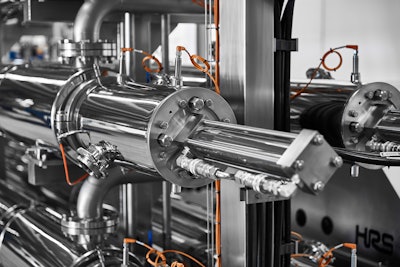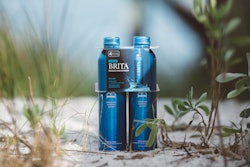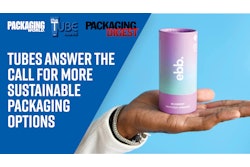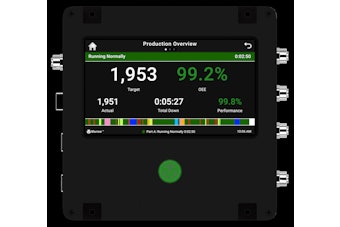
This content was written and submitted by the supplier. It has only been modified to comply with this publication’s space and style.
HRS Unicus Series reciprocating scraped surface heat exchangers are specifically designed to provide the improved heat transfer of a traditional scraped surface heat exchanger, but with a gentle action to preserve the quality and integrity of delicate food products, such as cheese, yogurt, ice cream, meat paste, and products containing whole pieces of fruits or vegetables. The hygienic design uses a patented stainless-steel scraping mechanism, which moves hydraulically back and forth within each interior tube. The movement performs two key functions: it minimizes potential fouling by keeping the tube wall clean and creates turbulence within the material. Together, these actions increase the rate of heat transfer in the material, creating a highly efficient process, which is ideal for viscous and high-fouling materials.
Since they are controlled separately, the speed of the scrapers can be optimized for a particular product being processed, so that materials that are susceptible to shear stress or pressure damage (such as creams and custards) can be handled delicately to prevent damage, while still providing high levels of heat transfer.
Each Unicus heat exchanger consists of three elements: a hydraulic cylinder and power pack (although in smaller units a pneumatic cylinder can be supplied instead), a separation chamber to ensure hygiene and preserve product separation from the motor, and the heat exchanger itself. The heat exchanger consists of a number of tubes, each of which contains a stainless-steel rod to which the appropriate scraping elements are fitted. Using a range of food-safe materials including Teflon and PEEK (polyether ether ketone), these provide different internal geometry setups according to the application, such as 120-deg scrapers for large particulates and 360-deg scrapers for viscous fluids without particulates.
The Unicus Series is also fully scalable by increasing the shell diameter and adding more interior tubes from a single tube up to 80 in one shell. A key feature is the specially designed seals that separate the inner tube from the separation chamber, tailored to the product application. These seals prevent leakage of the product and ensure internal and external hygiene. A standard range of models for food processing provide heat transfer areas from 0.7 to 10 m2, while larger models up to 120 m2 can be made for specific uses.
One area where the Unicus Series excels is in evaporation applications, where the prevention of fouling is particularly important. HRS has a specific version of the Unicus for use in evaporation units where volume reduction of the material is essential. The scraping action keeps the heat transfer surfaces clean, so that Unicus evaporators can concentrate materials to a level that is unattainable using traditional technologies. Unicus evaporators can be used in multi-effect setups or in combination with mechanical vapor recompression.


























